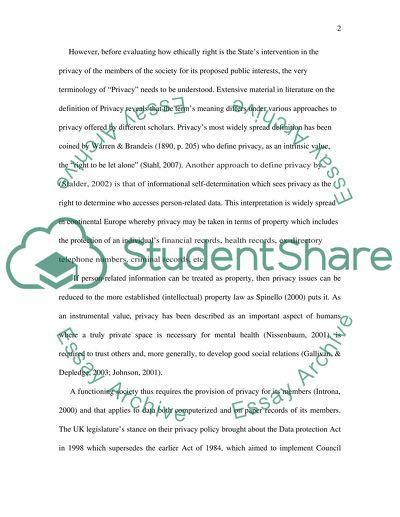Cite this document
(“Data Protection Essay Example | Topics and Well Written Essays - 3000 words”, n.d.)
Data Protection Essay Example | Topics and Well Written Essays - 3000 words. Retrieved from https://studentshare.org/law/1512823-data-protection
Data Protection Essay Example | Topics and Well Written Essays - 3000 words. Retrieved from https://studentshare.org/law/1512823-data-protection
(Data Protection Essay Example | Topics and Well Written Essays - 3000 Words)
Data Protection Essay Example | Topics and Well Written Essays - 3000 Words. https://studentshare.org/law/1512823-data-protection.
Data Protection Essay Example | Topics and Well Written Essays - 3000 Words. https://studentshare.org/law/1512823-data-protection.
“Data Protection Essay Example | Topics and Well Written Essays - 3000 Words”, n.d. https://studentshare.org/law/1512823-data-protection.


